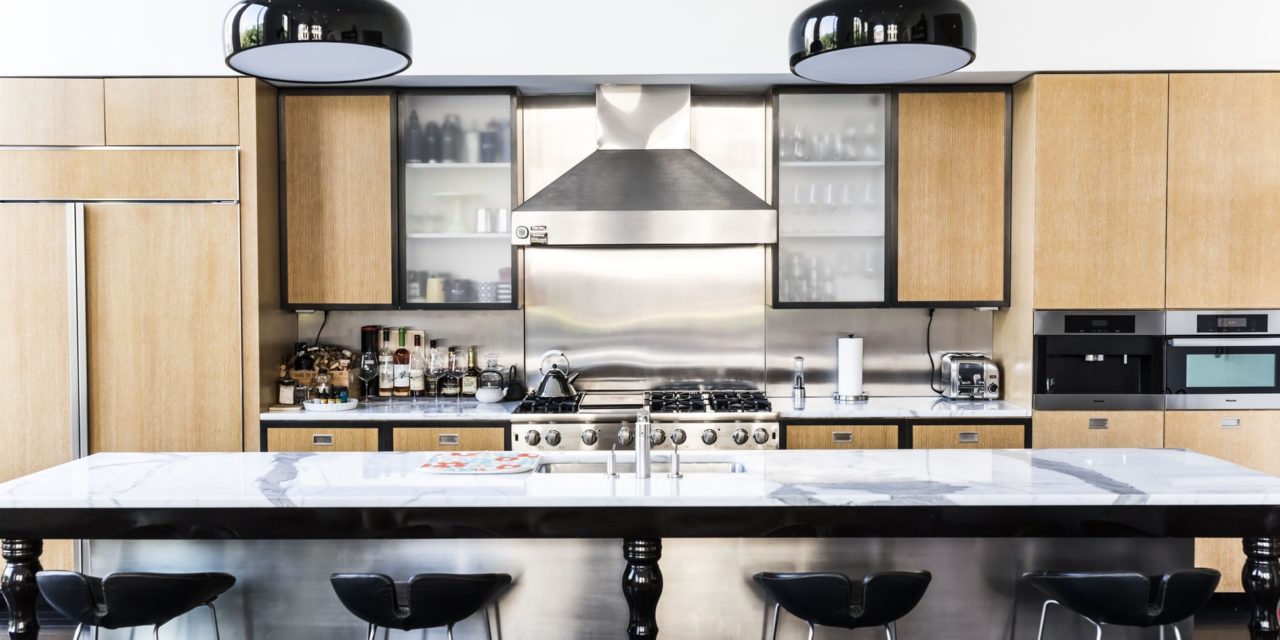[ad_1]
How do you create a handicap accessible kitchen that will work for you? Focus on three things. First, focus on accessibility to storage spaces, pantries and cabinets. Second, prioritize wheelchair mobility. Space in front of and alongside appliances is essential. And, third, arrange your work space by coordinating utensils, pull out trash container shelves, frequently used dishes, etc.
Wheelchair accessible roll-under sinks and ovens are also advantageous for long term independent living. Upgrading or simply making a few home modifications may be just what you need to gain mobility, comfort and safety in your home.
Your home modification design should include ample floor space for mobility, ADA handicap accessible kitchen appliance access clearances, accessible cabinet doors, drawers and shelves, and a functional “work triangle”. The work triangle refers to the comfortable work space area created between the stove, the refrigerator, and the sink. The sides of the triangle should be greater than four feet and under nine feet, with the outer limits of the triangle at a maximum of 26 feet.
When the design of a spacious and open feeling kitchen area is your design objective, it may be necessary to consider removing or replacing a wall, or moving counters. If your current kitchen design makes you feel like you are restricted or constantly battling with counters and cabinetry, you may want to consider remodeling. Frequently, modifying one aspect of your kitchen can make the kitchen significantly more user-friendly. Changing an island or peninsula counter, or relocating an appliance, can make all the difference.
Does your home have a “zero-step entry” — one entry point with a flat threshold, and is easy to walk through? Every home should have at least one zero-step entry for those grand kids taking their first steps, and for the visiting family member who may be using a cane or a walker, or recovering from an illness. Is it difficult getting groceries in from the car? Possibly, a small ramp and cart would be useful between the garage and the kitchen to make it easier to bring in packages.
If you need assistance designing your kitchen, you will find a directory of certified aging in place (CAPS) specialists on the NAHB website, or by visiting the Atlanta Home Modifications website on the Internet. Your CAPS specialist will schedule an in-home consultation to observe and evaluate your current living arrangement, and assist you in creating a more pleasant and accessible home.
[ad_2]
Source by Elizabeth Greenewald


